Acne
We define acne as a chronic disorder of the hair follicle and sebaceous glands, with blockage and inflammation of the hair follicles. We tend to use the term to refer to more stubborn or troublesome skin lesions, but in essence the occasional spots we all experience are technically mild acne.
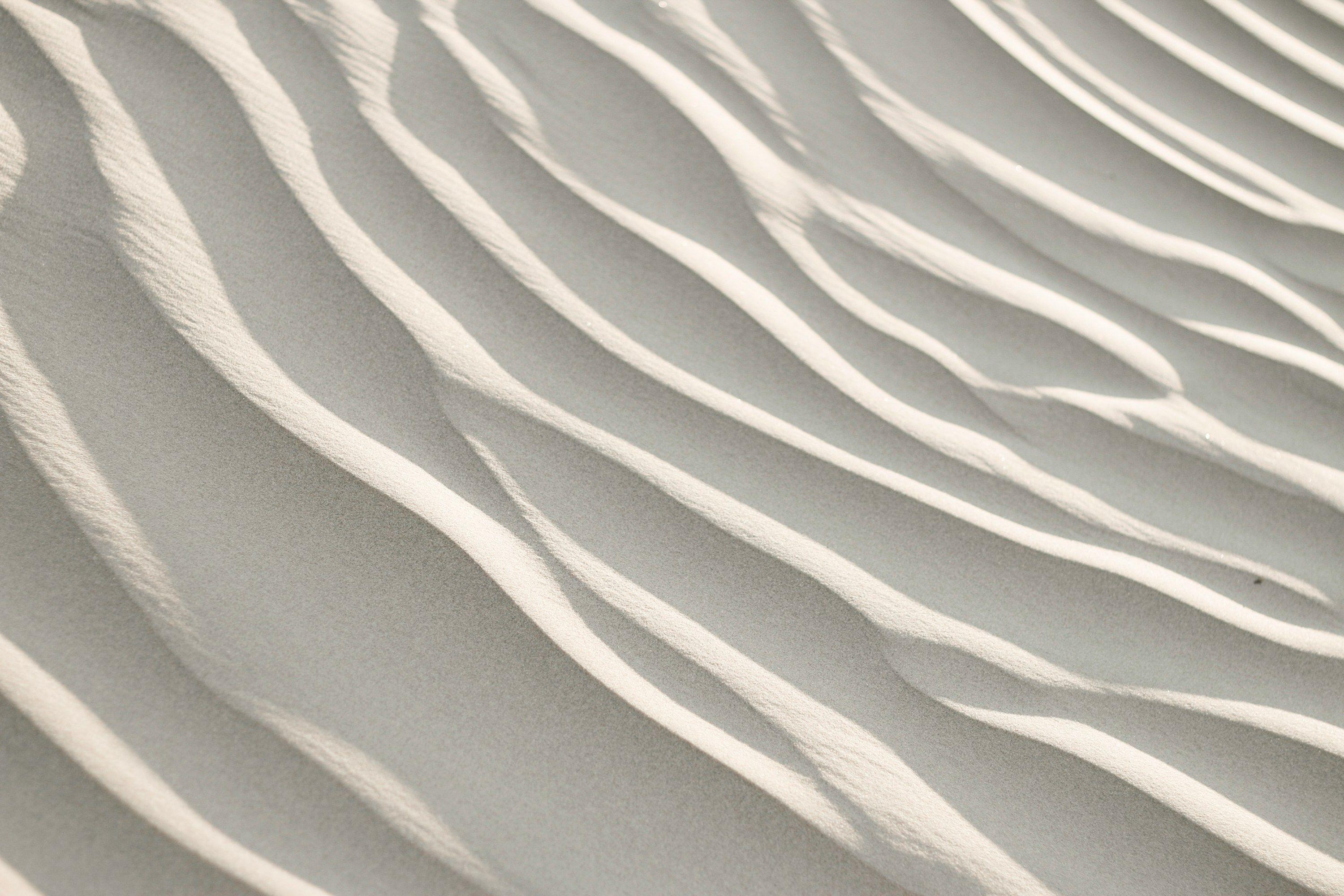
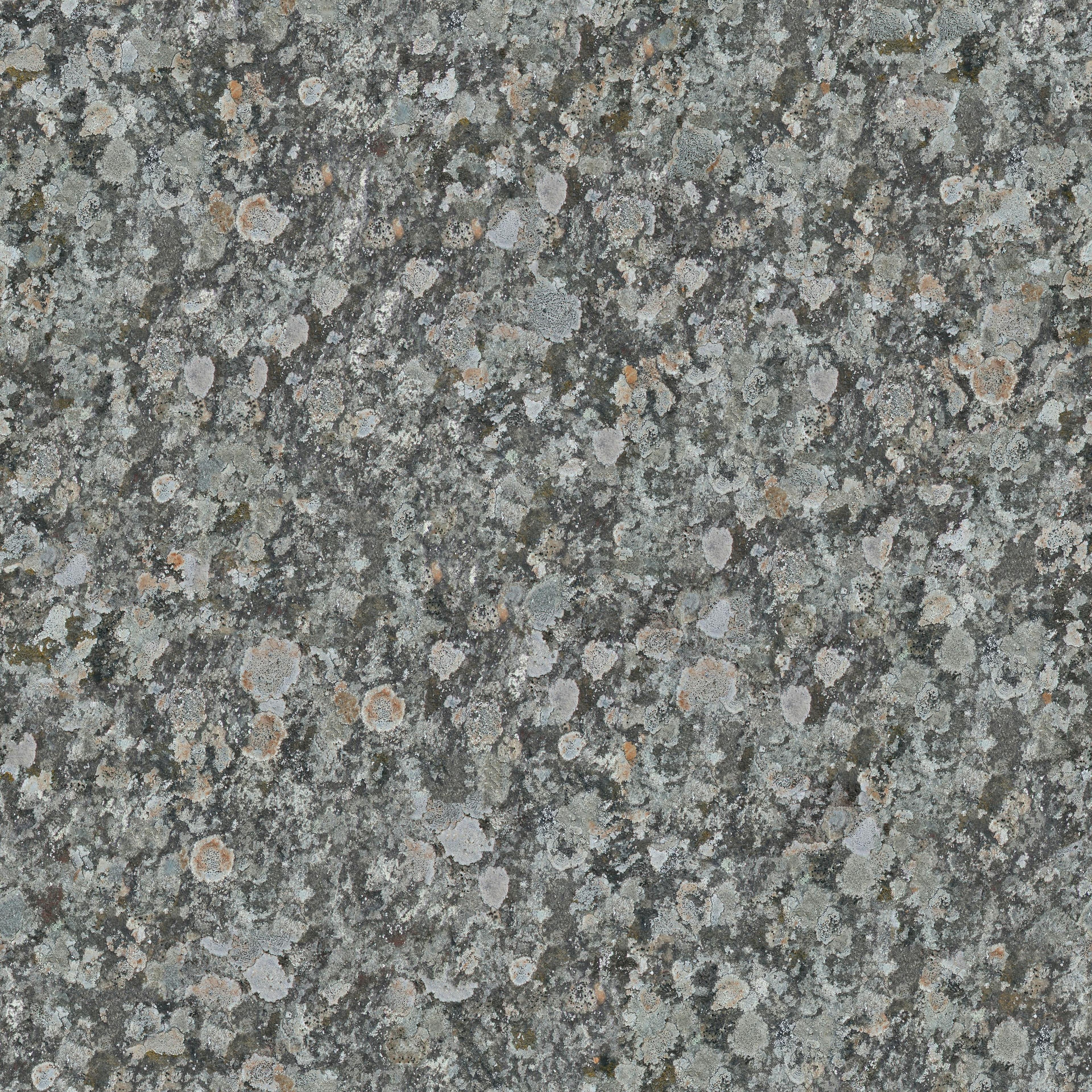
Different types of spots
Acne can have different features and those clues can help guide dermatologists towards the right treatment for each individual patient. When clinically assessing a patient with acne I am interested in the appearance of...
- Comedones (blackheads and whiteheads)
- Inflamed pustules
- Larger and deeper nodules or cysts
- The presence of post-inflammatory marks and scars
Adult-onset Acne vs Teen Acne
Most people associate acne with teenagers and whilst it is a common and complex issue in teen skin, teen acne tips can be found here, in my clinical practice I frequently see patients in their 30s with adult onset acne. There is also evidence to suggest that the spectrum of onset of acne is changing, with cases emerging both earlier and later than what has been noted in the past. Late onset disease occurs in about 20% of women and 8% of men.
The data suggests women are more frequently affected by adult acne compared with men. The exact reason for this is unknown, but felt to be related to fluctuating hormone levels: during periods or from birth control pills, and also during and following pregnancy.
Your genes also play an important role and it’s not uncommon for there to be a significant family history of acne in close relatives. The role of stress is also becoming more apparent. At times of stress the body naturally produces more androgens which stimulate oil glands and hair follicles in the skin.
What the experts say
Dermatologists will often classify acne as ‘inflammatory’: with red areas and pustules, or sometimes ‘comedonal’: with blackheads and whiteheads.
I also frequently see overlap with rosacea, which can be another reason to explain limited responses to treatment. It is also important to look for any medical conditions or medications that may be exacerbating the problem.
Acne Myths Debunked
00
00
Acne only affects teenagers
Acne only affects teenagers
However, there is evidence to suggest the spectrum of onset of acne is changing with cases emerging both earlier and later than what has been noted in the past, Acne can affect adults, and may also develop for the first time after the age of 25 years old. Late-onset of acne can be much more challenging to treat.
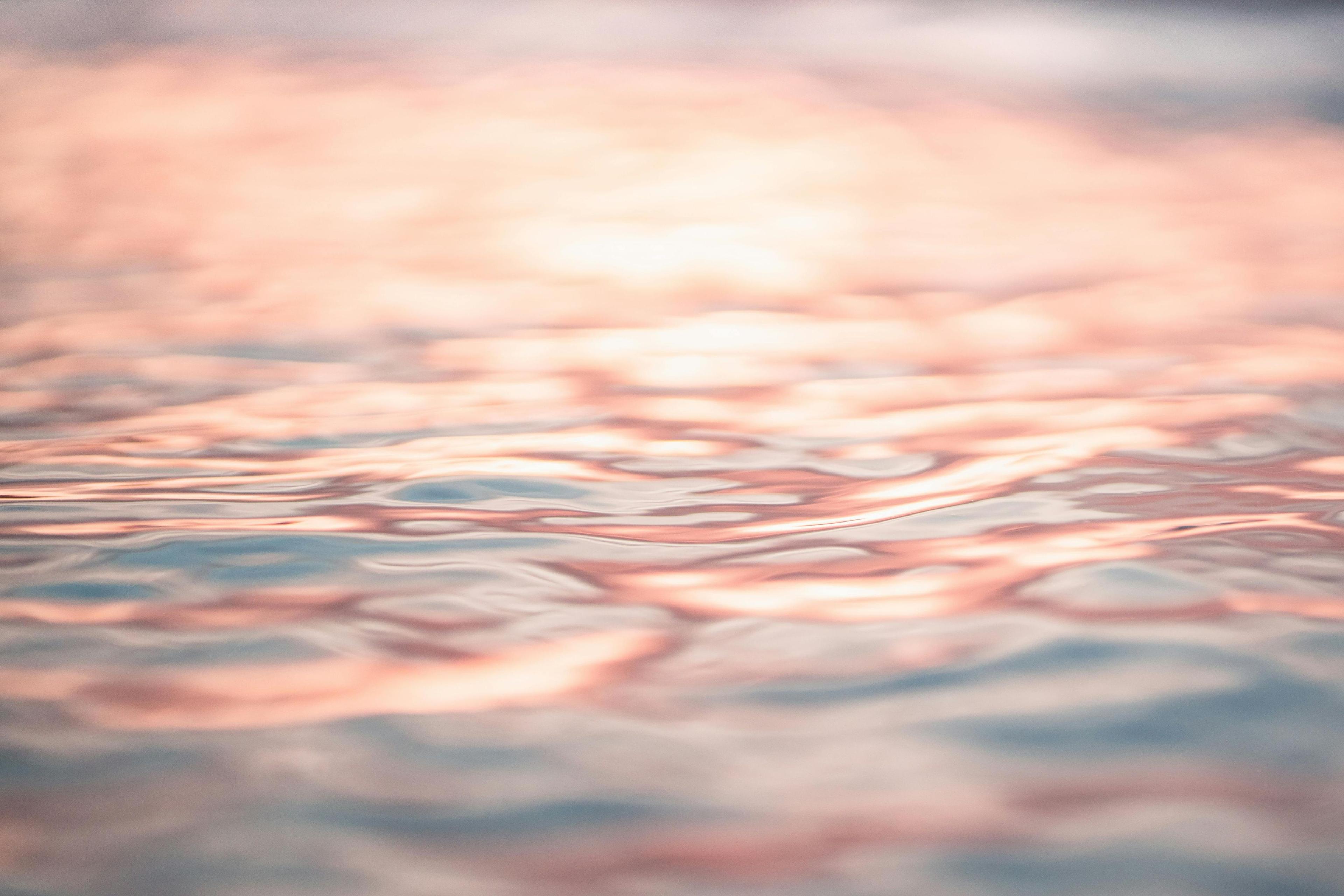
01
01
You shouldn't put sunscreen on Acne
You shouldn't put sunscreen on Acne
Many people will report their acne improves in the sunshine. This is because the skin reduces its immune response following UV radiation exposure. Certain acne treatments, which include ingredients such as benzoyl peroxide, alpha hydroxy acid, retinol or vitamin C, can make skin more photosensitive, so it is advised to apply a daily SPF sunscreen (minimum SPF30) to protect yourself.
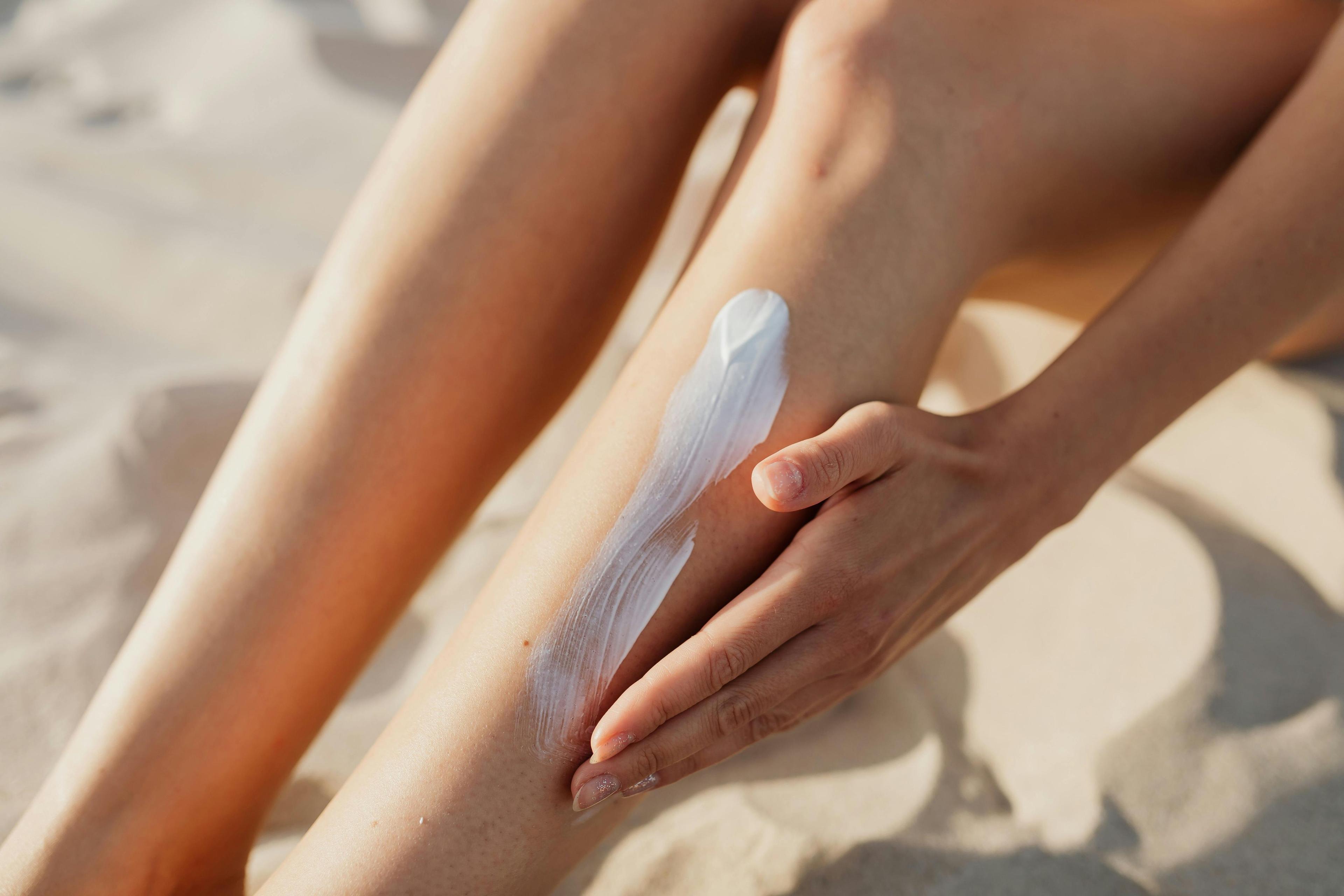
02
02
Washing your face more will help clear spots
Washing your face more will help clear spots
Cleansing your face twice a day is sufficient. Avoid harsh products that further strip and imbalance the natural oils of the skin and its microbiome (healthy bacterial balance). If you have dry or sensitive skin I recommend a lotion or cream cleanser, but oily skin types might prefer a foaming cleanser. Look out for active ingredients including benzoyl peroxide or AHA/BHA.
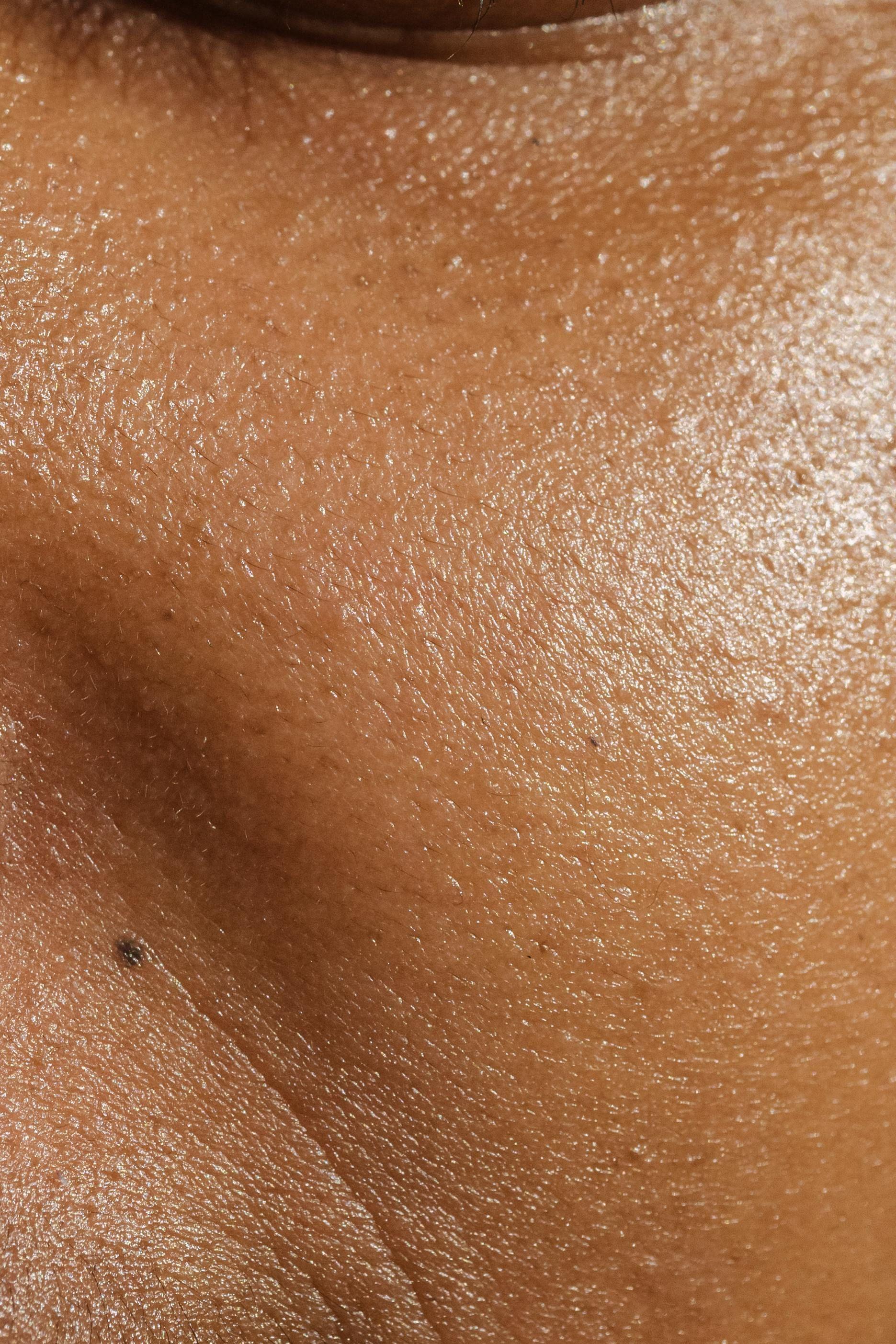
03
03
Toothpaste will dry up spots
Toothpaste will dry up spots
Applying toothpaste to a spot has no real evidence. Although some toothpaste ingredients have a possible antiseptic effect, the other ingredients are likely o to further irritate the skin. It is better to use skincare products specifically developed for use in acne-prone skin.
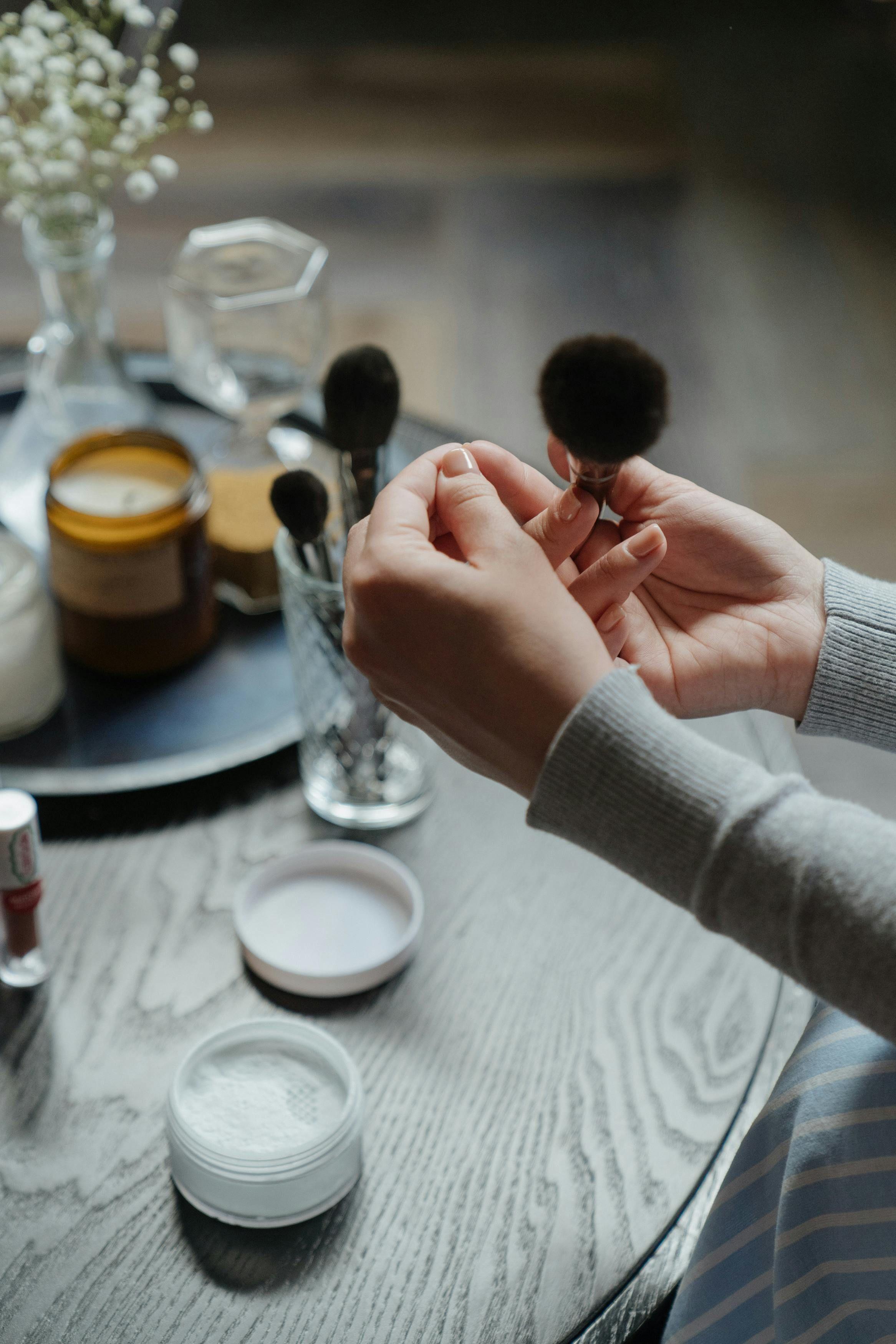
04
04
Squeezing spots will get rid of them quicker
Squeezing spots will get rid of them quicker
No, no, no. By far the most important thing is to avoid squeezing spots. This can worsen the problem and cause scarring. Remember to be gentle with your skin, don't aggravate or damage it by picking. squeezing or over-exfoliating.
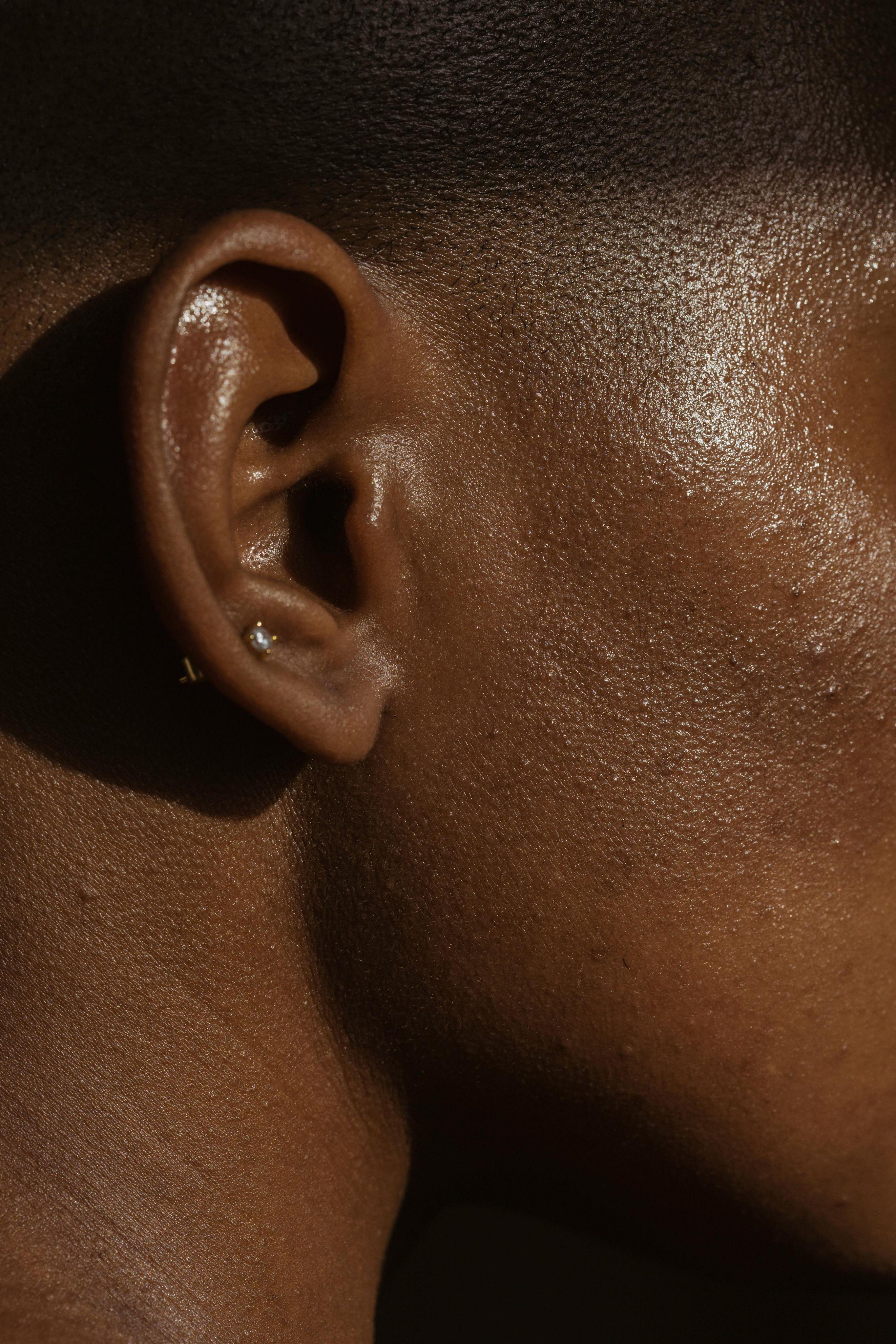
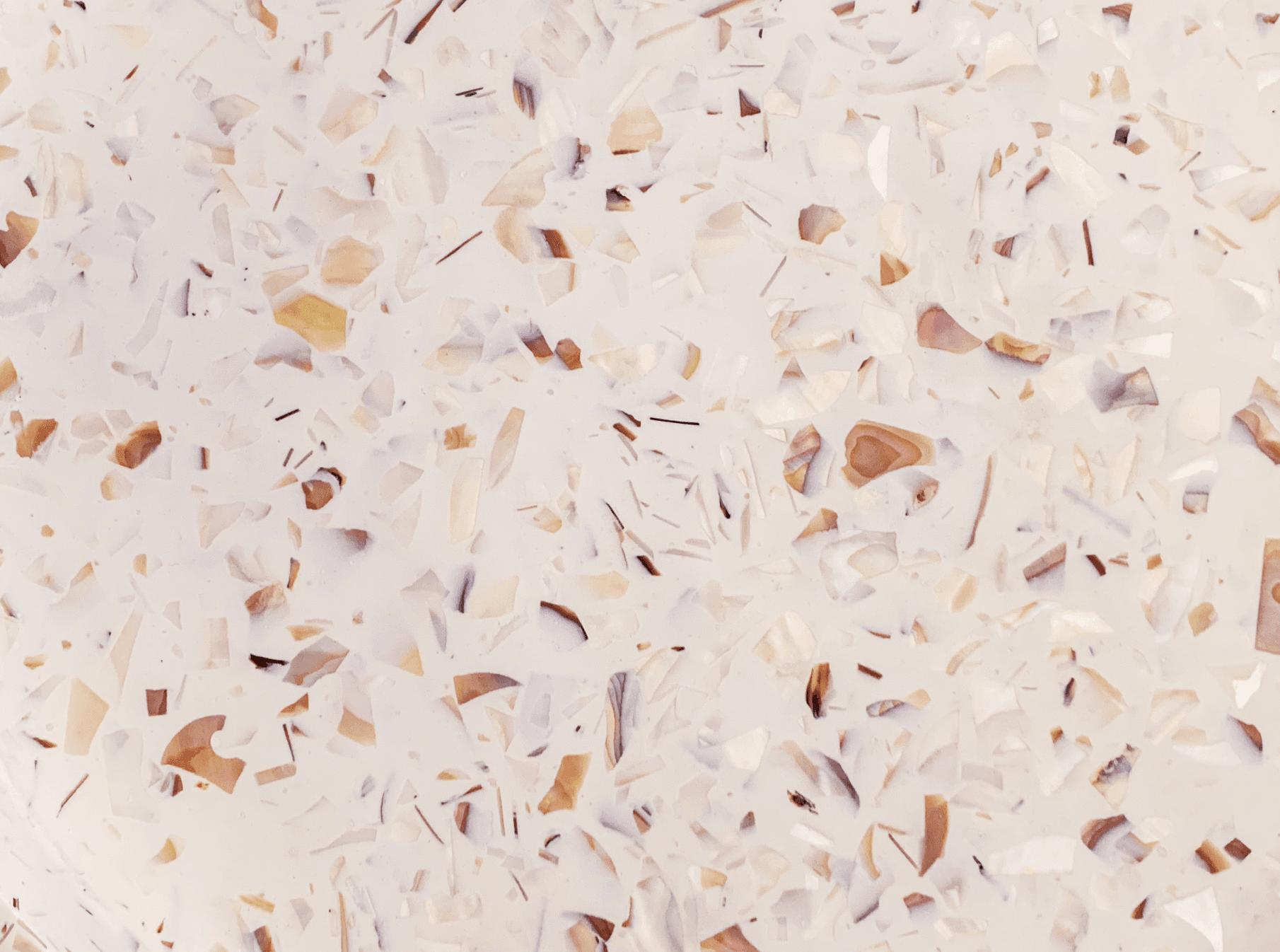
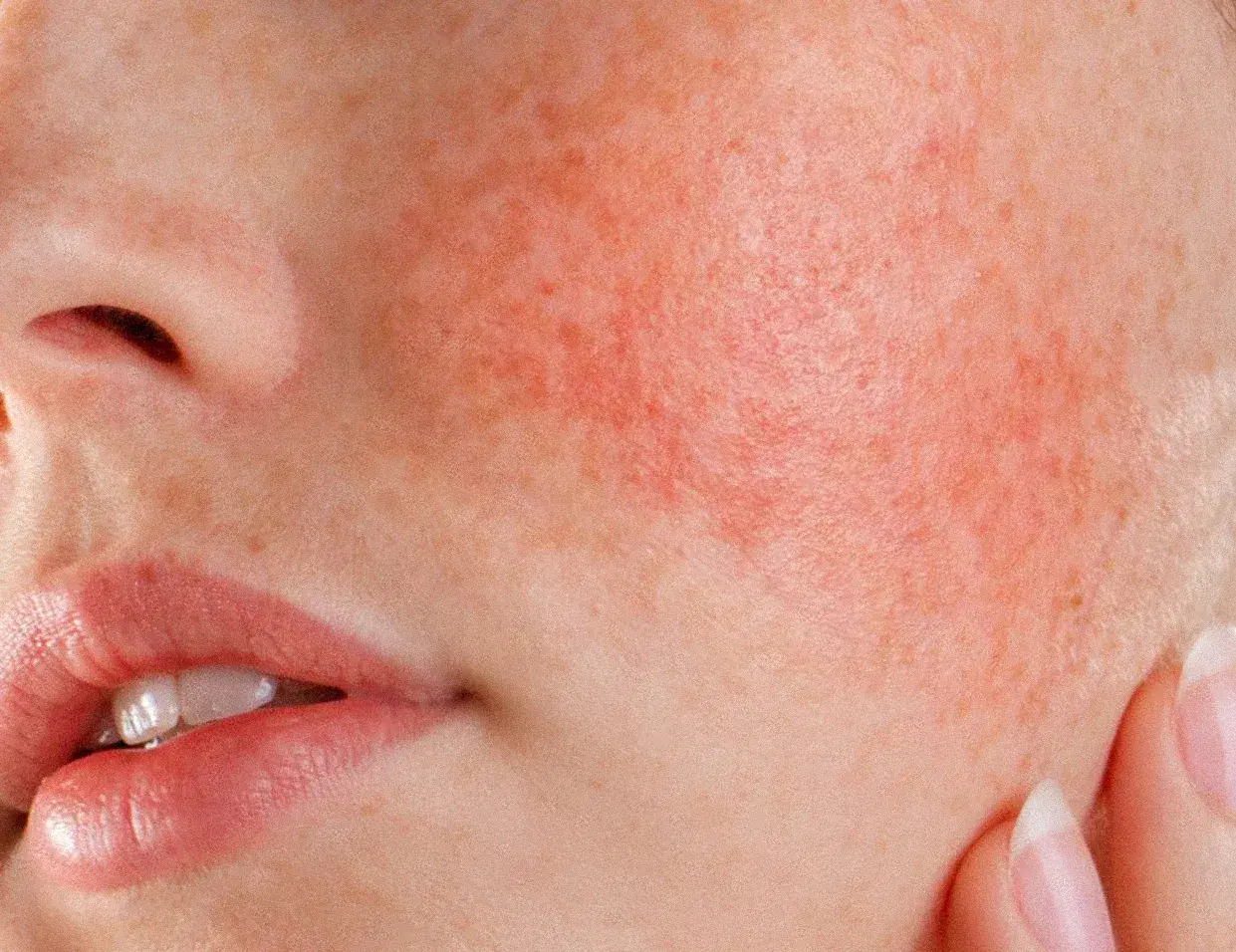
Rosacea
Rosacea is a particularly challenging type of acne.
- It comprises of three features
- Red spots and pustules
- Dryness
- New blood vessel formation on the skin causing redness and flushing
Management is more challenging because the treatments available tend to treat only one aspect for the rosacea, so usually treatments have to be combined or introduced in a structured way. If you suffer with rosacea I will tailor your treatment plan to to your skins needs.
